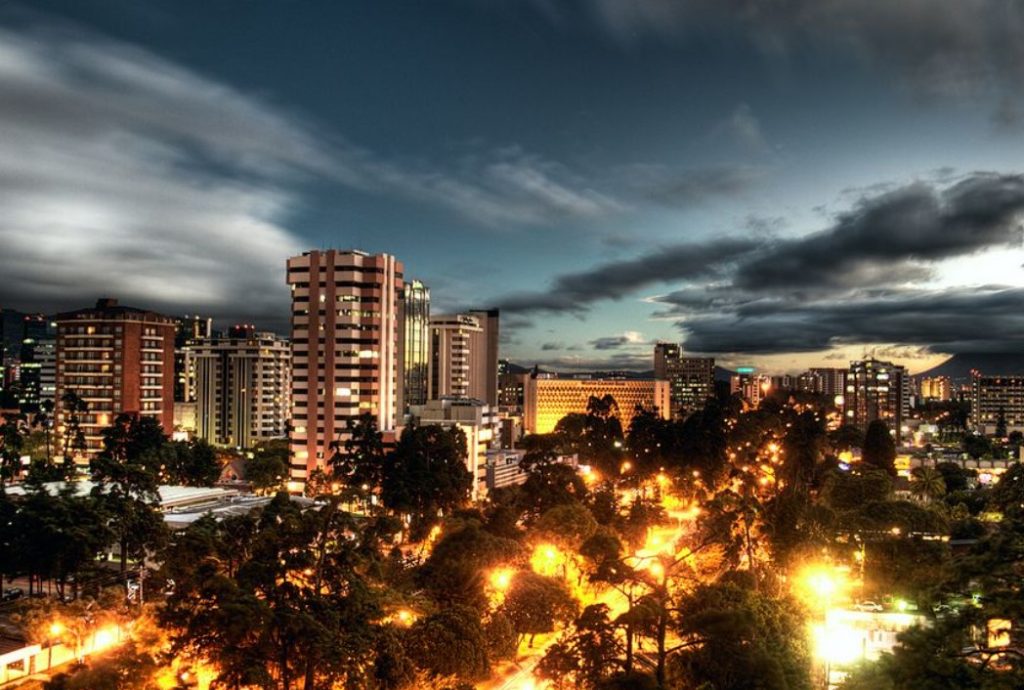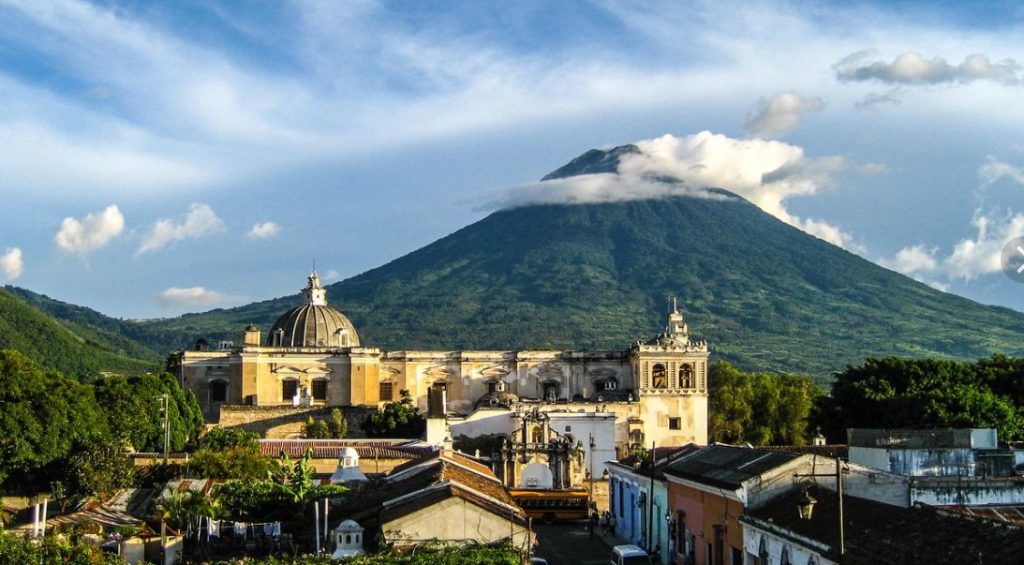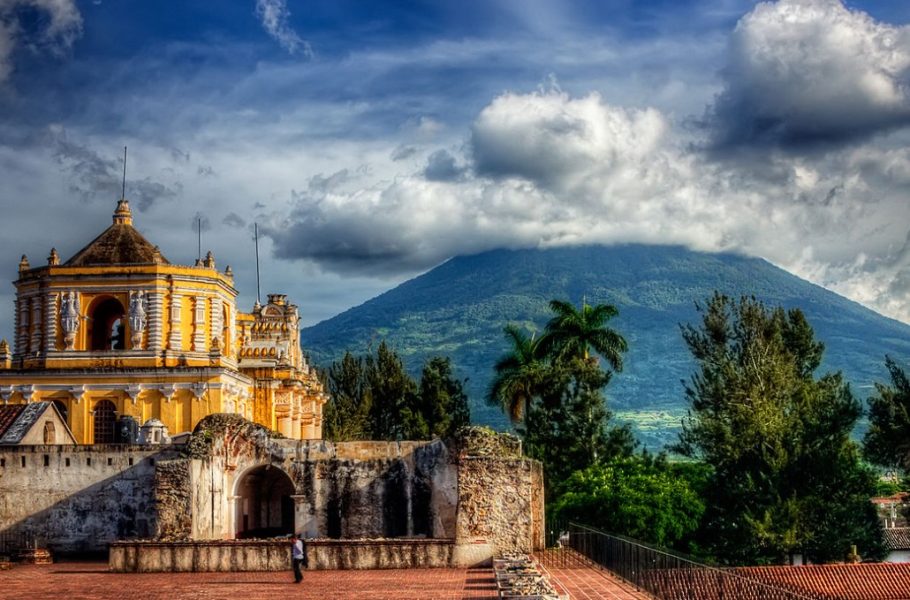Minimum wage in Guatemala, what is? Historically, Chiquita Brand has held a monopoly in the banana industry. Currently, workers in Guatemala are paid less than half the hourly pay of those in the same jobs with unionized companies. This is in spite of the fact that non-unionized companies are allowed to hire workers with no background checks. This poses a grave threat to trade unions in Guatemala.
Minimum Wage in Guatemala in 2023
Minimum wage in Guatemala is 11.27 GTQ per hour, 94.44 GTQ per day, and 2,872.55 GTQ per month. For non-agricultural activities, the minimum wage is 11.61 GTQ per hour, 97.29 GTQ per day, and 2,959.24 GTQ per month.
Whether you are looking for employment or travel, you should know that background checks are not required in Guatemala. However, you are expected to obey local laws when in the country.
The Guatemalan government has implemented a national code for child protection in travel. This includes the creation of a Migratory Institute to streamline immigration procedures. The legislation is in response to the country’s recent immigration crisis. If you want to learn about minimum wage for Scotland, you can click on it.
In addition, a comprehensive immigration code was enacted in response to a lack of human rights considerations in the immigration process. It also provides active extraterritoriality for Guatemalan nationals denied extradition.

In terms of the best practices for hiring employees, you can’t go wrong with a written contract. It must include the important terms and conditions of your employment, such as the salary amount, the start date and the termination dates. You also need to provide three copies of the contract to the labor authority in Guatemala.
Chiquita Brand has historically maintained a monopoly in the banana industry
During the 19th century, the banana industry developed in the tropical rainforests of Central America. The industry brought ecological risks and social risks. However, the fruit contributed significantly to the economy. As the demand for bananas increased, the industry created a black market.
In the early twentieth century, Chiquita purchased more than 90% of the country’s land. The company’s massive territorial control allowed it to exploit the country’s vulnerable government. It also gave Chiquita the opportunity to manipulate U.S.-Guatemalan relations.
Chiquita’s illegal activities have included bribery, human rights violations, labor repression, and political interference. It has even been accused of facilitating murders. Its criminal activities were a harbinger of black-market behavior in Guatemala.
In 2005, Chiquita adopted a series of’social accords’, which were intended to set new industry standards. However, the agreement did little to stop strikes by underpaid workers. Several female labor unionists were intimidated by Chiquita and prevented from revealing the company’s human rights abuses.
Non-unionized workers earn less than half the hourly pay of unionized workers
Despite the presence of a handful of labor unions, Guatemala’s non-unionized workers are earning less than half the hourly pay of their union counterparts. To make matters worse, most of the aforementioned workers work for agencies, which are infamous for their lack of employee protections. It’s no wonder that a survey of the country’s largest employers revealed that 81 percent of workers have been paid less than minimum wage in Guatemala. In the face of the recession and the nation’s shaky economy, it’s no surprise that Guatemalans are begging for a raise.

Trade unionism isn’t a new phenomenon. In fact, it is so old that there was a time when more than 6 percent of the private sector was unionized. A number of smaller national union organizations are part of three major trade union federations: Rengo, Zenroren, and Zenrokyo.
DR-CAFTAs pose a mortal danger to trade unions
DR-CAFTA is a free trade agreement between the U.S., the Dominican Republic, and five Central American countries. This trade deal promises to promote regional economic “integration,” reducing tariffs on U.S. goods entering the region, and providing economic connections for underdeveloped countries. Nonetheless, human rights organizations and labor unions have raised concerns about the agreement’s potential effects on workers’ rights in Guatemala.
CAFTA’s predecessor, NAFTA, has had a significant negative impact on labor rights in Mexico, where hundreds of thousands of families have lost their farms, and where tens of thousands of jobs have been eliminated. This has led to a campaign to pressure national governments to make amendments to the deal.
The DR-CAFTA has been criticized for its weak labor provisions. Some labor groups have claimed that the trade deal’s promise to improve the lives of workers will only serve to benefit corporate America. They argue that it is a mortal threat to trade unions, who are threatened by the deep corruption that permeates the business world.
Write an opinion piece on minimum wage in Guatemala
Despite a large population and a growing labor force, Guatemala faces a shortage of good-paying jobs and a lack of growth. Moreover, there is a high concentration of workers in the informal sector. This has led to acute labor force underutilization. Consequently, the country has a low level of productivity, limiting its ability to generate quality jobs.
A new report from the World Bank identifies two key obstacles to economic development in Guatemala: the lack of a legal minimum wage in Guatemala and the limited capacity to produce quality jobs. Boosting productivity and inclusive growth require facilitating women’s participation in the labor market and strengthening public expenditure efficiency through fiscal revenue.
The report notes that the government’s differentiated minimum wage in Guatemala plan may have the potential to jeopardize progress on raising wages in other sectors. It also suggests that an economy-wide contestability deficit constrains formal sector demand.
Minimum Wage in Guatemala Conclusion
Despite the fact that the country is one of the poorest countries in the Americas with GDP per capita, it has seen an improvement in terms of political and economic stability over the past decades. This has made the country increasingly interesting for foreigners to invest, relocate and retire.
A minimum wage is the minimum amount an employer can legally pay their workers. It’s a basic requirement for any company that wants to protect their employees, ensure fair labor practices and combat poverty.
However, the government doesn’t mandate a minimum wage in Guatemala for every job category. For example, students in training programs and specific internships are often excluded from minimum wage coverage. Supervisory and managerial employees, registered apprentices and salespeople paid exclusively by the commission may also be exempted from minimum wage coverage.
Minimum Wage in Guatemala FAQ
What is the minimum wage per month in Guatemala?
Currently, the minimum wage in Guatemala is $403 USD. This is an increase of 7% from the previous year.
It is important to note that the minimum wage is not necessarily the same for all workers, and can vary by industry, location, education level, years of experience and other factors. This can be a major consideration when hiring employees.
Teaching English in Guatemala is a rewarding career that will provide you with the financial freedom to live your dream in an exciting destination. Your salary will help you afford safe, secure accommodations and explore new foods in the chic cafes of Antigua, as well as go on unique adventures throughout the country.
05 per day. In non-agricultural activities, the minimum wage in Guatemala rises from GTQ97. 29 to GTD104. 20 per day. GTQ3,077.56 per month.
What is the hourly minimum wage in Guatemala?
For agricultural workers, the minimum wage in Guatemala is 11.27 GTQ per hour, 94.44 GTQ per day, and 2,872.55 GTQ per month. For non-agricultural activities, the minimum wage is 11.61 GTQ per hour, 97.29 GTQ per day, and 2,959.24 GTQ per month.
What’s the average salary in Guatemala?
Guatemala is an upper middle-income country in LAC with a GDP per capita of $4603 (2020). The economy remains heavily reliant on agriculture, which accounts for 83% of total employment. However, it is diversifying its production to include products such as bananas and coffee, with a focus on international markets.
In addition to the average income of a Guatemalan, a large percentage of the population earns a good living through self-employment. In fact, the country is the second most entrepreneurial nation in Latin America, after Brazil.





